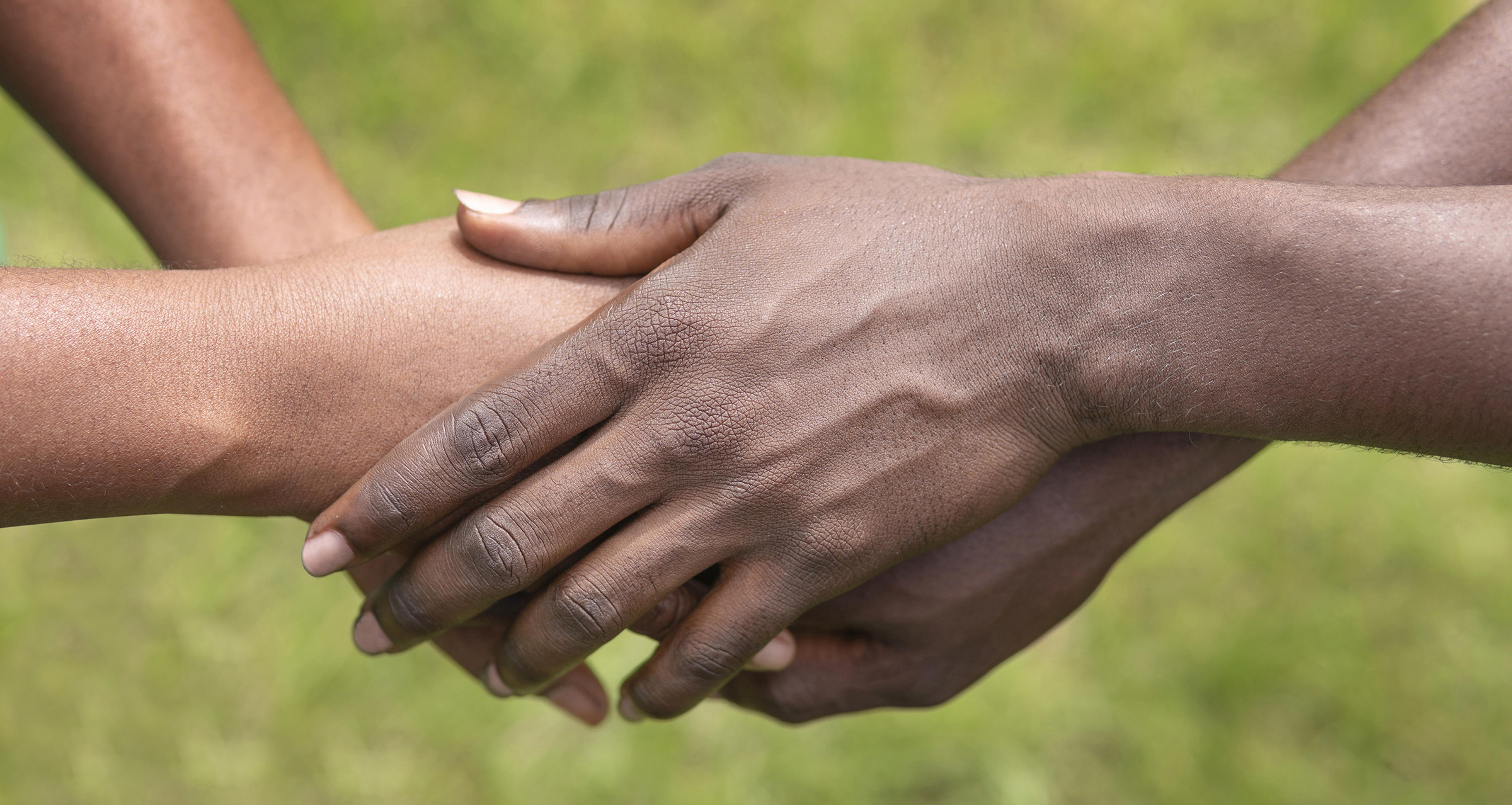Changing the world, one platform at a time
Efforts are underway to shift the narrative of gender-based violence (GBV) from impersonal statistics to a focus on individual stories, ensuring victims receive personalized support. MIP Holdings’ development of digital platforms in collaboration with entities like TEARS is improving assistance for survivors and the analysis of GBV trends. Such initiatives are vital for crafting targeted interventions and driving substantial progress in addressing the GBV crisis.

By Richard Firth
Graca Machel once said: “We need to stop speaking about violence against women as statistics. Each of these women has a name, an identity. Let us find a place to write every single one of their names so they are never forgotten.”
This is precisely what MIP is trying to do in our partnership with TEARS and hopefully in future, all NPOs dedicated to helping the victims of Gender Based Violence (GBV) – create a platform where every individual who has experienced abuse also has access to the assistance and support they need and, in the process, hopefully alleviate the crisis in the long term. Our technology is creating a foundation on which a lasting solution can be built, providing a way for government agencies, law enforcement and NPOs to identify root causes and perpetrators, and to create interventions that work, while putting a name to every victim.
By the numbers
Unfortunately, while every effort is being made to show the human face of this scourge, the GBV conversation will have to remain rooted in statistics. This is the only way to highlight how widespread the crisis is, and the only way to measure if any significant impact is being made.
According to SAPS crime figures, over 13 000 women were victims of assault with intend to cause grievous bodily harm between July and September 2022. 1 277 women were victims of attempted murder, and 989 women were murdered during this reporting period. Over 10 000 rape cases were opened with the SAPS, between July and September last year. If GBV was a business, it would be a roaring trade.
These stats do very little to illustrate the enormity of the problem. Only between 15% and 20% of women report instances of GBV to the authorities, so official figures will always be much lower than the reality. Digital technology and analytics are now providing us with a platform to gain a better understanding of the exact extent of the issue, as well as a means to do something about it.
Working the figures
When MIP first partnered with TEARS Foundation in 2019, the NPO was already supporting and communicating with 88 000 victims a year at that point. I could not believe the number! TEARS runs a call centre and an SMS hotline manned by skilled workers that provide support ranging from managing anti-retroviral treatments, to blood tests to test for date rape drugs, to linking victims with shelters, to mention but a few.
All of TEARS’ work was captured on paper and filed. No matter how efficient the process is, paper will always be inefficient in a digital world, so MIP built, deployed and is maintaining a digital platform to assist the NPO in capturing cases, recording victim and perpetrator details, as well as things like case numbers provided by the police and court order numbers. All of this information is stored in a database that the TEARS team can easily access. TEARS has a plan in place to share this database and functionality with the 23 other NPOs dealing with GBV. This will not only assist in getting a more comprehensive view of the problem, but will also allow them to better serve the people that they are trying to assist.
In addition, a number of academics or researchers at WITS are using data from TEARS to help government better understand exactly how pronounced the problem is, helping to empower and enable government organisations to develop more effective interventions and programmes. This research project focuses on the core support services provided for survivors and victims by TEARS Foundation nationally, providing evidence-based statistics that include, among others, emergencies linked to ward profiles, perpetrator profiles and support received by victims.
Making a real difference
Our partnership with TEARS, and our focus on the issue of GBV, means far more to MIP than merely ticking a CSR checkbox. In 2014, while implementing MIP’s quadruple P (People, Profit, Planet, Purpose) reporting and discussing our social responsibility strategy, we came to the conclusion that there were three fundamental issues facing our company and our industry.
We realised that there were few black software engineers in South Africa, there were also few female software engineers, and with gender-based violence being so prevalent in our country, many women in the workplace and at home were dealing with the destructive effects of this violence, which had an obvious enormous negative impact on their work and home lives. In all three of these strategic issues, we ensured that we got involved, funded, built, managed and then received constant feedback on the success of our endeavours.
In this way, each one of our social responsibility investments has been validated by the successful outcomes of the process. As a private company, MIP’s reporting requirements are less onerous than those of our public counterparts, but we believe it is an obligation to society to make our business, our industry, and our country a better place. This strategy has not only gained us the kind of reputation we appreciate, even going so far as achieving C-Corp accreditation for conscious leadership, but it is ensuring that we make a real difference. We truly believe that we are on the brink of a breakthrough when it comes GBV in consolidating, tracking and tracing perpetrators, victims and even possibly grading the officers assigned to these cases.

About Richard Firth, CEO, MIP Holdings
Richard is a stalwart of the South African technology industry, with a successful career that has spanned the financial services and retail industries in a number of roles. He has held numerous board positions, provided mentorship for technology start-ups and acted as an advisor to a NASDAQ-listed multinational software and database company with customers around the globe, including 1,700 independent software vendors, 100,000 enterprise customers and two million developers that used the platform. Richard is a major shareholder and is currently Chairman and Chief Executive Officer of MIP Holdings.




